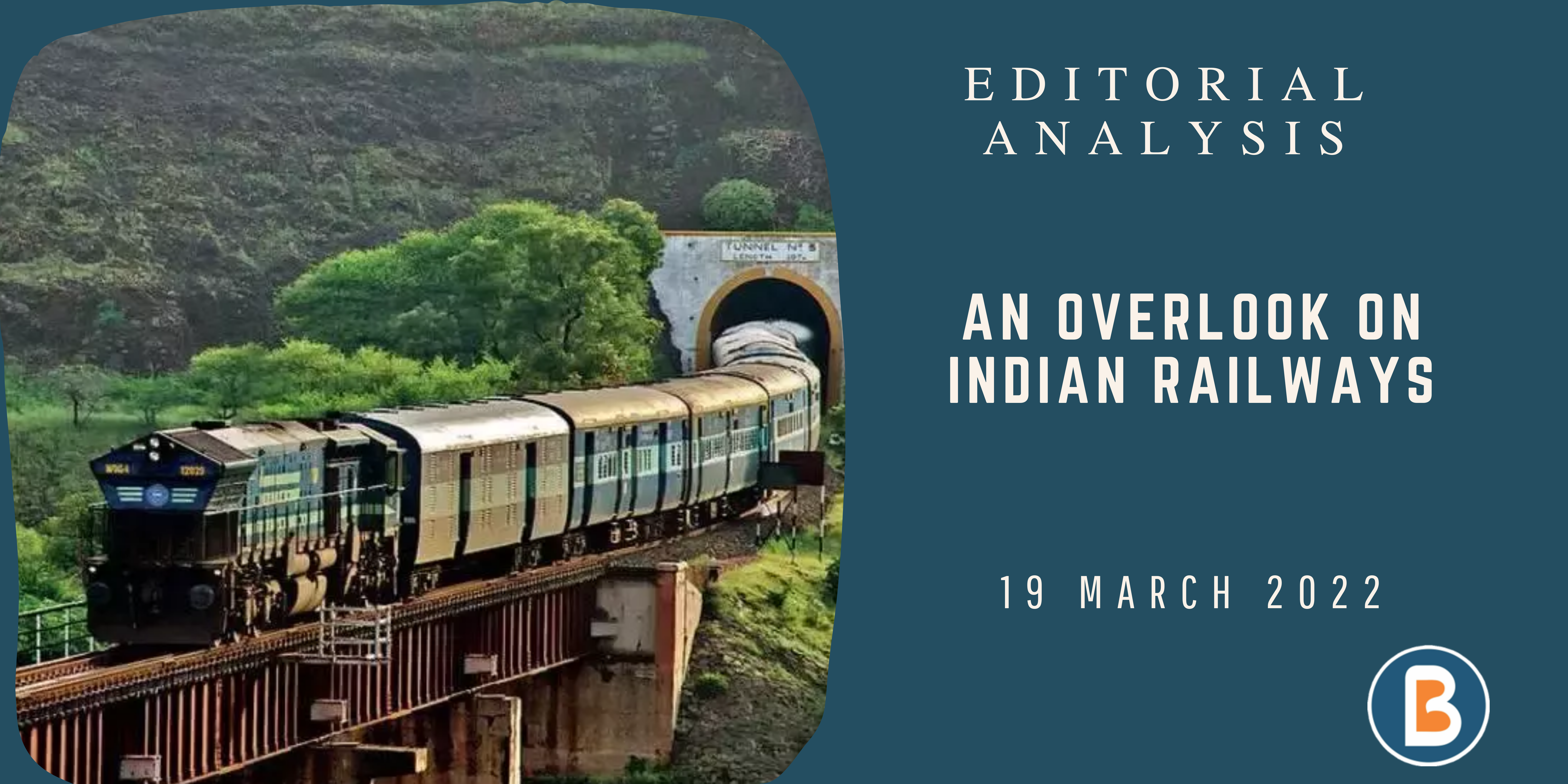Rebuilding Trust in Data: Analyzing the New Standing Committee on Statistics
Context:
The establishment of a new Standing Committee on Statistics (SCoS) by the Ministry of Statistics and Programme Implementation in India that is tasked with advising on official data, including household surveys conducted by the National Sample Survey Office (NSSO).
Relevance:
GS-02, GS-03 (Indian Economy) (Government Policies and intervention)
Mains Questions:
- Analyze the significance of the Household Consumption Expenditure Survey (HCES) by the National Sample Survey Office (NSSO) in revising economic indicators and understanding people’s living standards. (250 words)
Dimensions of the Article:
- A Broader Mandate for Quality Guidance
- Challenges Surrounding the Household Consumption Expenditure Survey (HCES)
- The Role of Independent Assessment
A Broader Mandate for Quality Guidance
- The Ministry of Statistics and Programme Implementation’s decision to establish the new Standing Committee on Statistics (SCoS) brings fresh hope for India’s statistical system.
- Led by the country’s first Chief Statistician, Pronab Sen, the SCoS aims to go beyond its predecessor’s role and design surveys for various data sets.
- With a leaner panel of 14 members, the SCoS is well-positioned to provide coherent and quality guidance, compared to its earlier 28-member counterpart that struggled to establish a unified consensus.
Challenges Surrounding the Household Consumption Expenditure Survey (HCES)
- The Household Consumption Expenditure Survey (HCES) holds immense importance in gauging people’s living standards and recalibrating critical economic indicators like the Consumer Price Index and Gross Domestic Product.
- However, the survey’s credibility has been questioned in the past, leading to the government discarding the findings of the 2017-18 survey due to alleged data quality issues.
- This skepticism over official statistical machinery has persisted, with members of the Economic Advisory Council to the Prime Minister recently reviving such concerns, possibly to preempt negative outcomes from the latest HCES.
- Such actions, if not addressed, could further exacerbate the trust deficit in the statistical system.
The Role of Independent Assessment
- To restore trust and ensure transparency, the decision of whether data is fit for release should be entrusted to the independent National Statistical Commission.
- However, the commission is grappling with vacancies despite being reconstituted late last year. Blindly discrediting the official statistical machinery might provide short-term relief for governance obfuscation but risks long-term damage to credibility and governance outcomes.
- Bridging the trust deficit between data users and the statistical system becomes the onus of the SCoS, which can play a proactive role in this regard.
Way Forward:
Empowering the National Statistical Commission
- It is imperative to empower the National Statistical Commission with sufficient resources and staffing to ensure its independent assessment of data and decision-making process. This would enhance credibility and instill confidence among data users, thereby reducing the vacuum of official data.
Transparent Communication and Interpretation
- The SCoS must focus on transparently communicating the methods employed in surveys, especially the HCES results. It should provide interpretational nuances to users, thereby enabling a better understanding of the data’s implications for policymaking.
Nurturing a Culture of Data Trustworthiness
- To overcome the prevailing trust deficit, the SCoS can spearhead efforts to create a culture of data trustworthiness. Encouraging open dialogue, addressing concerns, and embracing diverse perspectives will foster credibility in India’s statistical system.
Conclusion:
The formation of the Standing Committee on Statistics (SCoS) presents a valuable opportunity to revitalize India’s statistical system. By expanding its mandate and focusing on transparent communication, the SCoS can bridge the trust deficit between data users and official statistics. Upholding the credibility of data through the independent assessment by the National Statistical Commission will enable the government to make informed decisions and address pressing ground realities effectively. It is essential for the Centre to trust its own data and invest in rebuilding the faith of the people in the statistical system for a brighter future.



